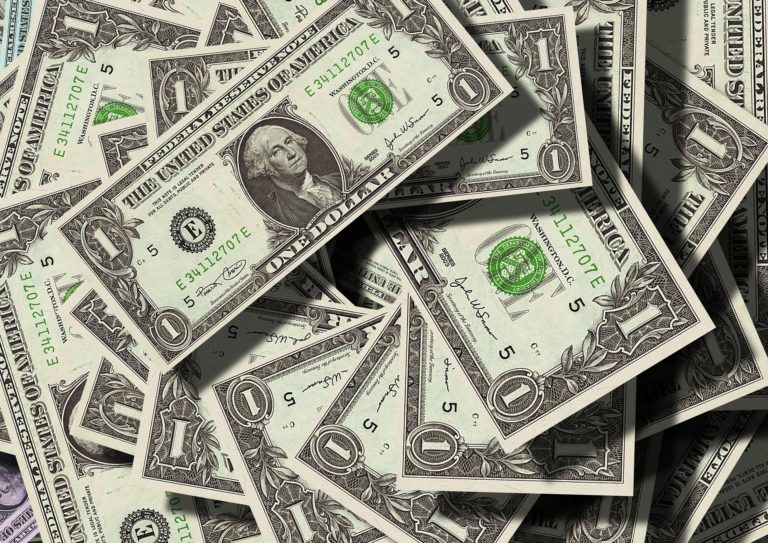
A Chapter 7 Bankruptcy is a breath of fresh air for many, as it grants you a discharge of most of your debt. This includes personal debt, medical bills, credit card debt, foreclosures, and automobile repossessions. You may also keep certain assets, which is why so many people choose to file for Chapter 7 if their financial situation calls for it. If you are filing for Chapter 7 Bankruptcy, here are some of the questions you may have:
Which debts will I still have to pay after filing for Chapter 7 Bankruptcy?
Some people believe that they are completely off the hook after filing for Chapter 7 Bankruptcy. Unfortunately, this is not completely true. After filing, you will still owe your recent income taxes, student loans, alimony, child support, civic judgments for injuries due to intentional torts or driving while intoxicated, restitution or compensation ordered by a Criminal Court, and any debts incurred by fraud.
What assets will Chapter 7 Bankruptcy allow me to keep?
Most people are thrilled to learn that as soon as you file a Bankruptcy Petition, all foreclosure proceedings are immediately stopped, and the Bankruptcy Court will impose an injunction on all of your creditors called the “Automatic Stay,” which will prohibit your mortgage lender from any collection activities. Additionally, under the Bankruptcy law, IRA’s pension or profit-sharing plans, or other retirements plans protected as IRA’s or 401(k)’s are exempt from your Bankruptcy case. The Homestead Exemption will protect the equity in your home, which is the unsecured portion of your home. In New York State, each spouse is entitled to $165,000 of equity in his or her home from New York City to Rockland County. For Orange County to Albany County, the Homestead Exemption is $150,000 for each spouse.
Can I keep my bank account after filing for Chapter 7 Bankruptcy?
You may retain up to $11,000 in cash or in a bank account. If you have more than $!1,000 for each individual filing for Bankruptcy, then a Chapter 7 Bankruptcy Trustee may take the remainder of the cash to pay your creditors. Additionally, you may also keep your car or motor vehicle if it is worth $4,200 or less of equity. You are entitled to up to $10,000 worth of household goods, furniture, and clothing. Wedding rings and televisions are also exempt. Generally, life insurance policies, annuities, alimony support, and worker’s compensation or disability benefits are all exempt as well. Lastly, it is important to know that creditors will not garnish your wages once you are under the protection of the Bankruptcy Court.
Contact our New York firm
If you require the services of an experienced Business Law or Bankruptcy attorney, contact the Law Offices of Allen A. Kolber, Esq.today to schedule a consultation and discuss your options.






